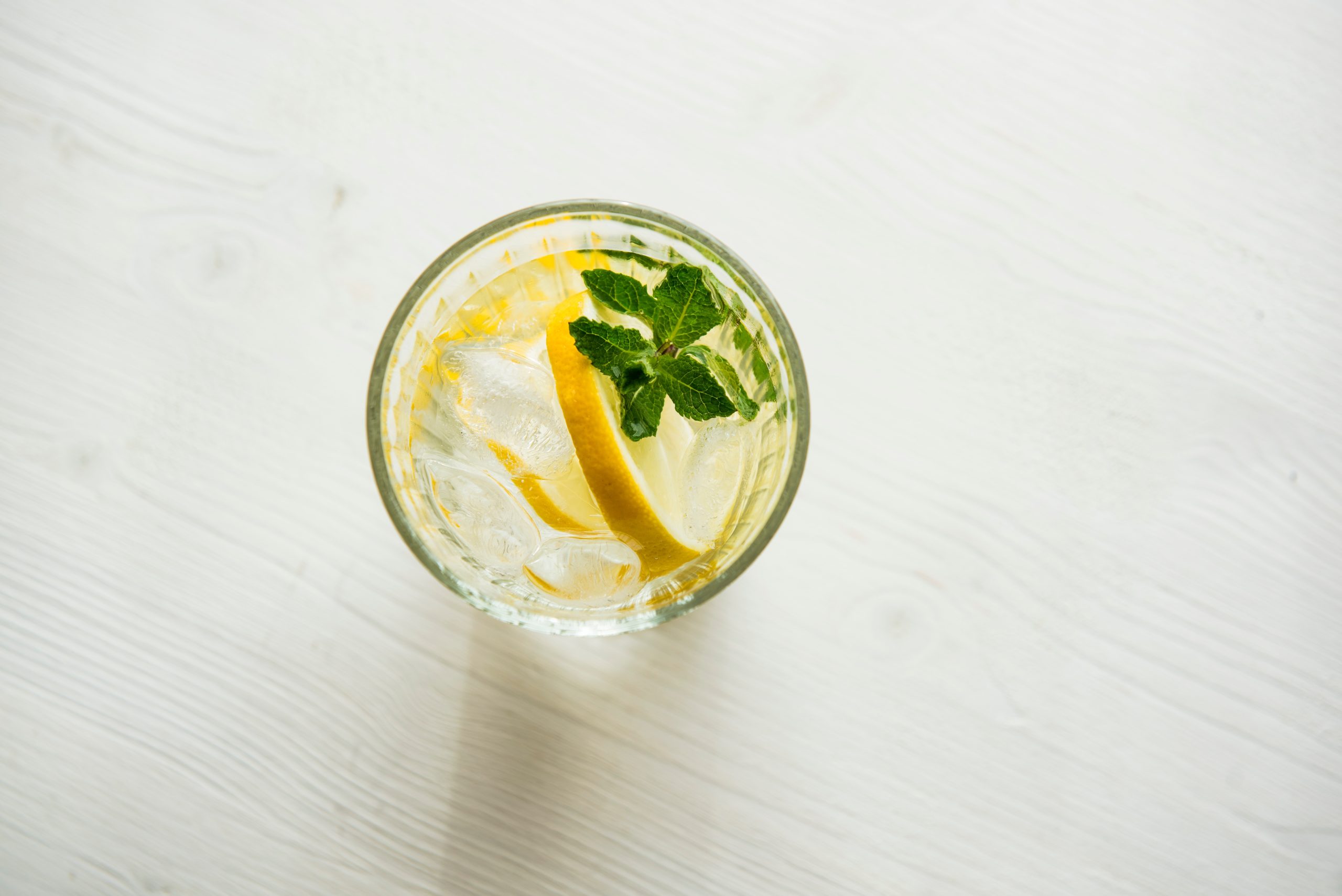 A common piece of weight-management advice is to substitute soft drinks with water. But many opt for other no-calorie beverages such as diet drinks. What has not been clear until recently is that diet drinks and water are not equal when it comes to weight loss, despite containing the same amount of calories.
A common piece of weight-management advice is to substitute soft drinks with water. But many opt for other no-calorie beverages such as diet drinks. What has not been clear until recently is that diet drinks and water are not equal when it comes to weight loss, despite containing the same amount of calories.
Background
Sugary drinks are associated with problems such as obesity, type 2 diabetes and metabolic syndrome. Replacing them with non-caloric sweetened drinks is often used as a strategy, as it encourages weight loss and adherence to a weight loss program. However, regular consumption of these calorie-free sweeteners is believed to lead to weight gain.
Previous research conducted by the research team demonstrated that replacing diet drinks with water during a 25 week trial had beneficial effects in terms of weight loss. However, what is not clear is whether this difference continued in terms of weight maintenance over an additional 12 month period.
So the researchers designed a secondary study to evaluate the effects of substituting diet drinks with water on weight maintenance.
The study
71 participants took part in the trial. Participants were female adults, had a BMI between 27-40, and typically consumed diet beverages as part of their diet. Exclusion criteria included previous weight loss of 10% within the 6 months prior to the study, smoking, cardiovascular disease, diabetes, depression, cancer and autoimmune disease. They also could not be pregnant/breastfeeding or planning to become pregnant within 6 months.
The participants were randomly assigned to two groups. The water group substituted diet drinks for water, and the DBs group continued to consumed diet drinks 5 times per week after lunch.
The first 6 months, both groups of women were engaged in a weight loss intervention. This included a diet plan, behaviour strategies and activity level recommendations. For the following 12 months, they followed a weight maintenance program. This program included group sessions every 4 weeks, individual sessions every month.
The findings
After the 12 month maintenance period, the water group experienced greater additional weight loss – weight loss that occurred after the weight loss intervention period. They achieved an average weight loss of 1.7kg over the 12 months, compared to the DB loss of just 0.1kg.
The water group experienced an average BMI decrease of 0.7, compared to 0.5 in the DBs group. They also saw a greater reduction in fasting insulin resistance, greater improvement in insulin resistance, and a greater decrease in 2hr postprandial plasma glucose compared to the Dbs group.
Conclusions
Researchers concluded that in women who regularly consumed diet drinks, replacing them with water after a main meal may cause further weight reduction during a weight maintenance program.
They also suggested that there are additional benefits in terms of carbohydrate metabolism. This may mean that it could be particularly beneficial for those experiencing insulin resistance and related conditions such as type 2 diabetes. However, as the study excluded those who had any related conditions, further research is required to confirm this potential benefit.
References
Madjd, A., M. A. Taylor, A. Delavari, R. Malekzadeh, I. A. Macdonald, and H. R. Farshchi. “Effects of replacing diet beverages with water on weight loss and weight maintenance: 18-month follow-up, randomized clinical trial.” International Journal of Obesity (2017).

